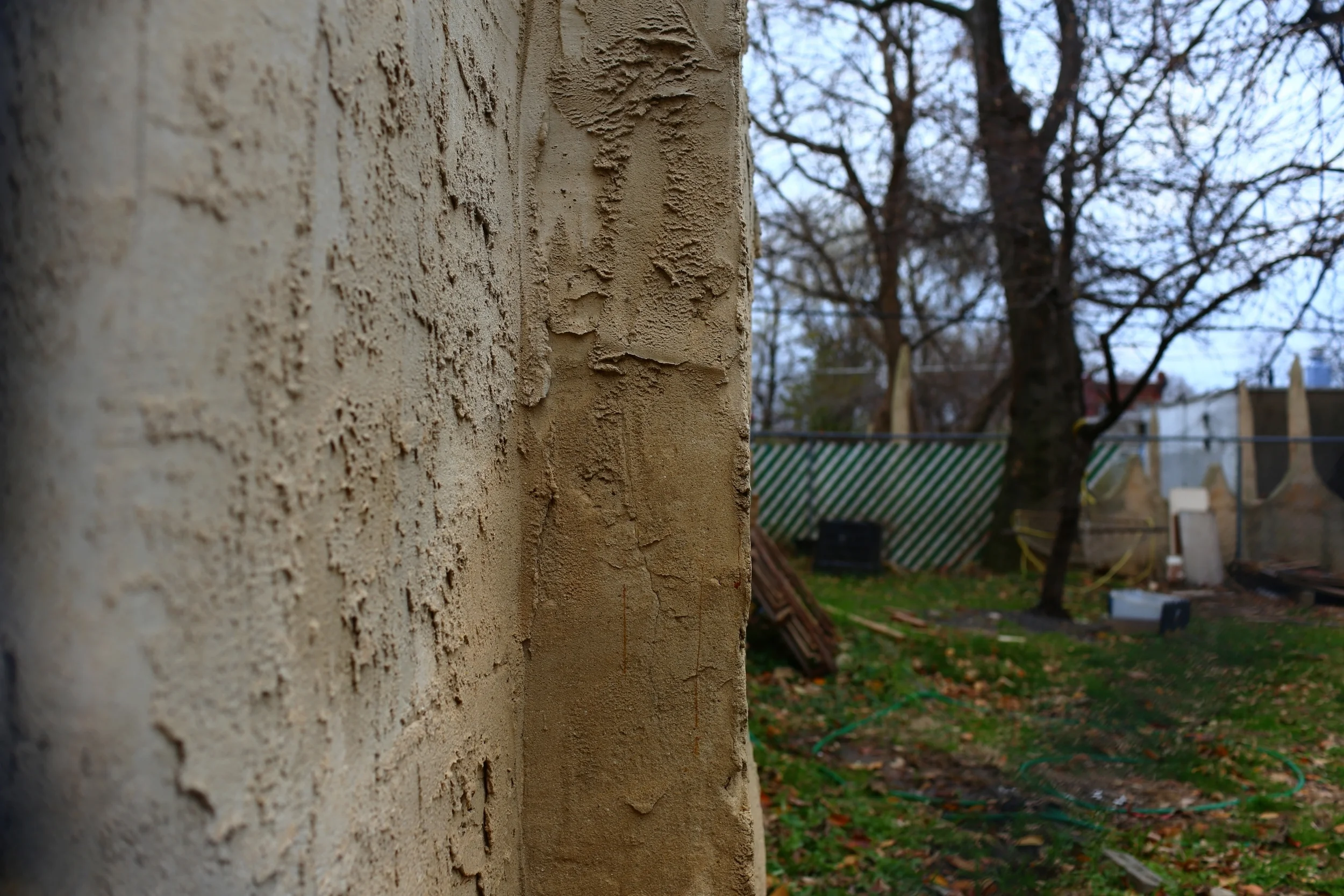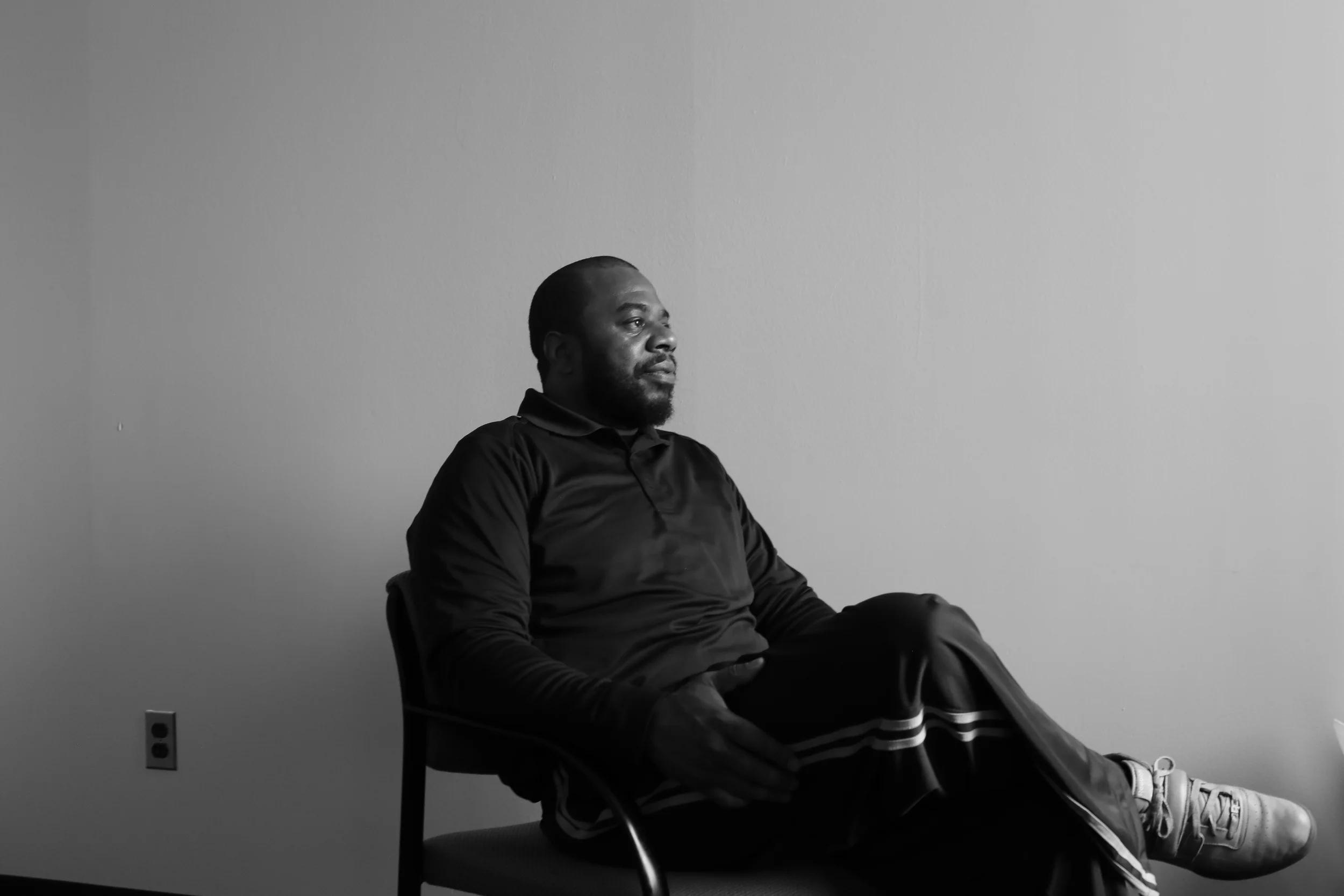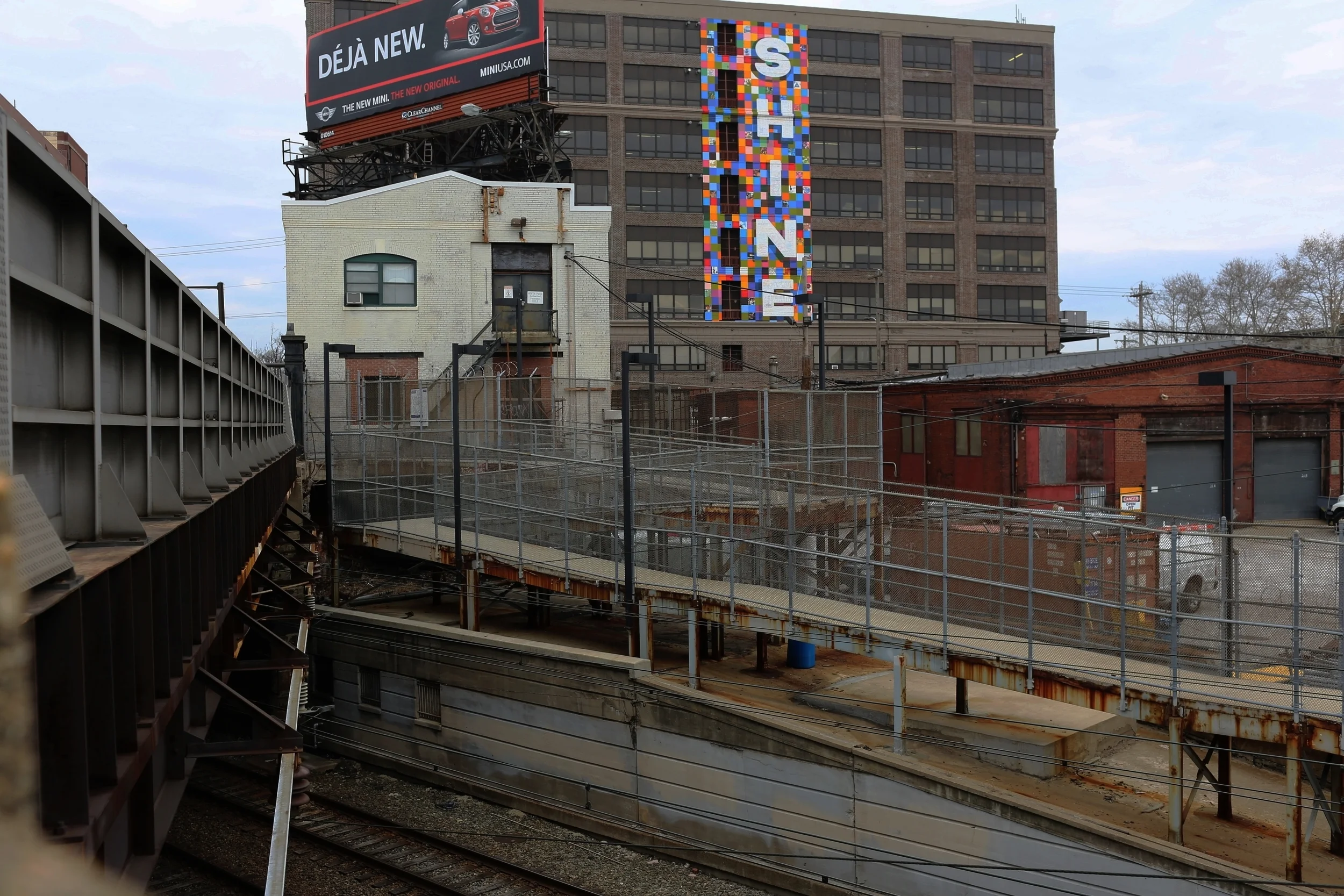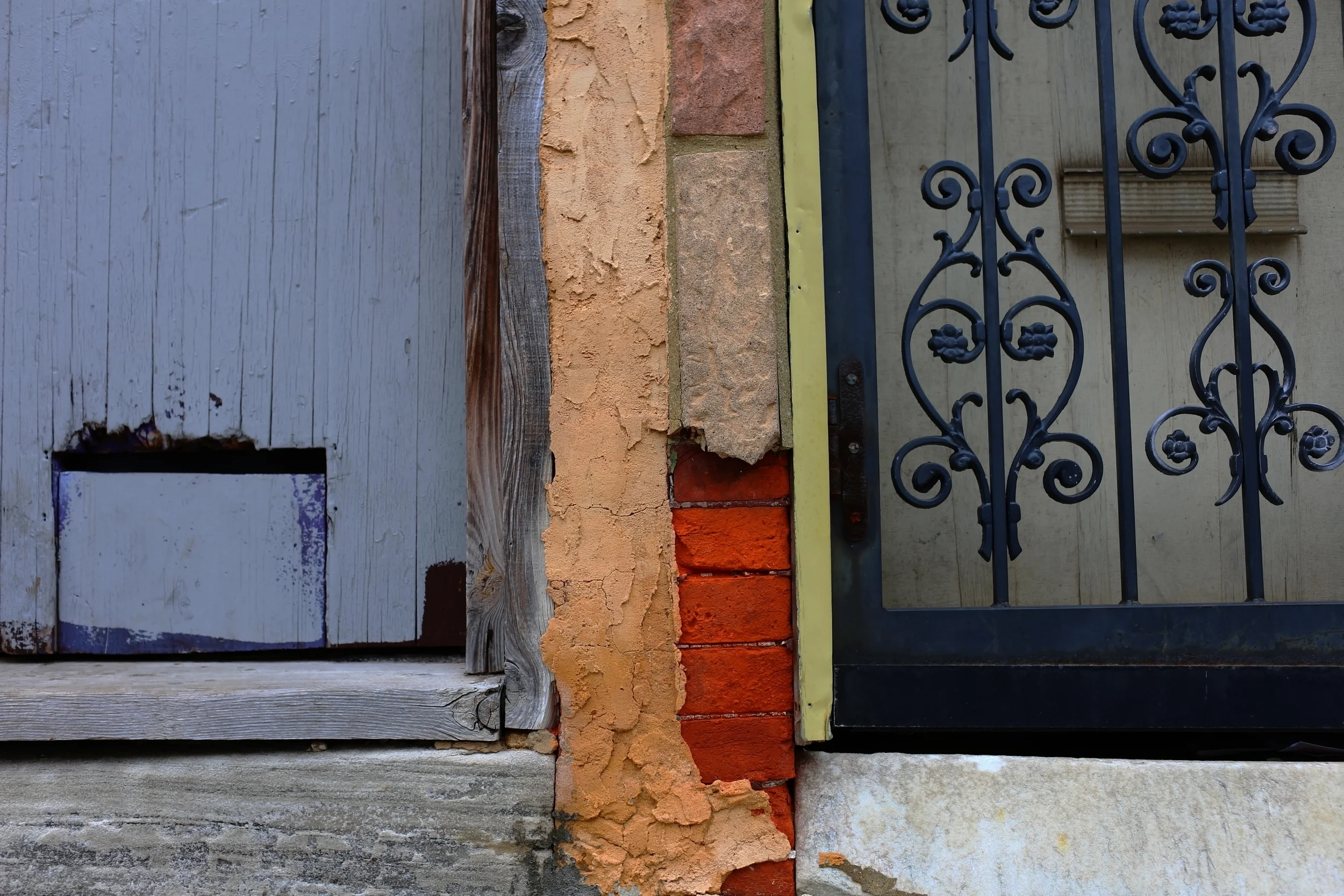







ROBERT WARNER
N O R T H P H I L A D E L P H I A
The kids call him Mr. Rob, but Robert Warner isn’t a typical teacher. Every day, Rob counsels high-risk youth, speaking with them about life and leadership. For him, this is both a moral obligation and a natural calling to help whenever possible.
Rob says his childhood was characterized by street violence and family hardships, and that he grew up without positive role models in his life to help him overcome peer pressure. While serving time in prison, he found healing and meaning in community service.
Rob currently works as program manager for Philadelphia CeaseFire, dedicating much of his time to empowering young people and helping them understand the cyclical nature of gun violence culture on the streets. He says that throughout his life, the safety and education of children in neighborhoods with high rates of violence have been neglected, both by people both in and outside these communities.
No Time to Be a Kid
"When I was growing up, I lived with my mother. My house got burned down. I was maybe 12 years old … I tried to look for a way to get some fast money in order to get clothes and food and stuff like that, so I wound up turning to the streets … Being a junior high school kid, I didn’t want my friends to find out that I was living out of the shelter … that I was following my parents. So then, I decided to go out on my own and figure it out, and it led me to doing stupid stuff.
"I was afraid of [being shot] every day, because … being a drug dealer [and] getting by with all that money, you have to look out for the stick-up people and for the police, and you have to look out for the jealous people. You never know how your life is going to go, so you have to live it day by day."
Lost Ones
"My cousin James was waiting for me to call him and I told him to wait for me … This young lady came running over to me and was like, 'Your cousin just got killed over there.' They were shooting at somebody else … and [James] grabbed this little girl that was standing there, and the bullet wound up hitting him, and he passed away. That hurt me very deeply.
"When my house burned down, I stayed with [my friend Benji] and his mother. She kind of took me in as her own son. Me and Benji, we were dealing drugs, but his father didn’t like what we were doing. His father tried to tell us to stop dealing drugs … it got to the point where [Benji's] father killed him. His father ended up stabbing him in the chest on New Year’s Eve … Every day, I ride past the house, and the vision of him hurts."
Where’s the Love?
"Once you learn what a young man or a young lady needs out of life - the only thing they need is a person to sit down and talk to them. And they just want to feel loved. And right now, they’re not finding that at home.
"When I was growing up, there wasn’t such a thing as hanging out on the corners. They had these recreational centers and kinds of programs that you can get involved with. It’s like they cared. They took the time out to show you different things, to get you educated. Now people are scared out here in these streets.
"I think guys like me need to step up instead of coming back out here to do what they've been doing. It starts with the older guys because we know better, and we're not taking the time out to help these guys know there are consequences … A lot of guys don't take out the time to talk to these kids. I find myself doing this on a daily basis. Just give them a little conversation here and there; they will appreciate it … We have to hold their hands and show them the way - not just tell them things."
- - - - - - - - - - - - - - - - - - - - - - - - - - - - - - - - - - - - - - - -
Interview by Dan Kurland | Text and Portraits by Dyana Wing So | October 2014